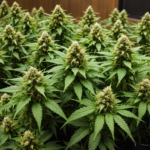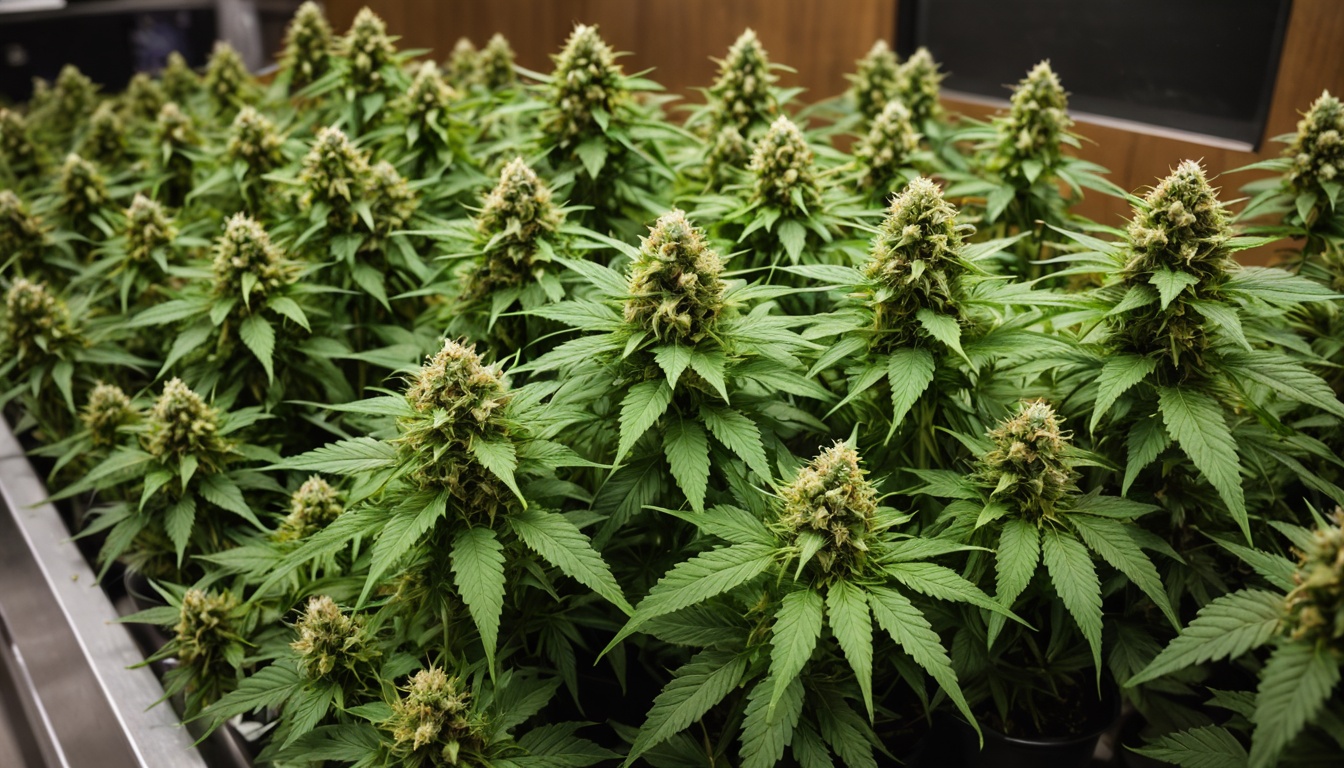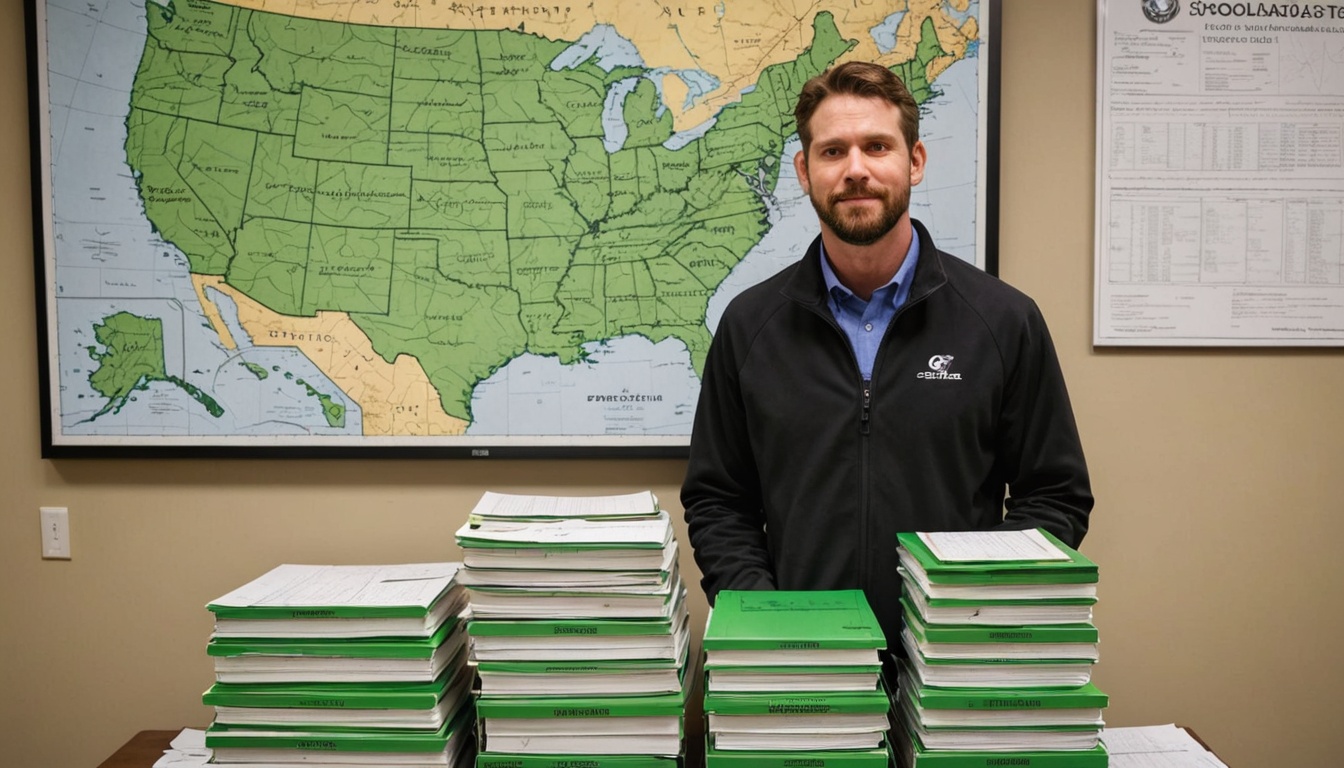Colorado’s Marijuana Tax Revenue Continues to Decline, Sparking Calls for Spending Reform
Seven years after Colorado legalized recreational marijuana, the state’s Joint Budget Committee is expressing frustration with the way marijuana tax dollars are being spent. The committee, which oversees the state’s budget, has repeatedly cut funding for various programs, but the Marijuana Tax Cash Fund remains as sprawling as ever, supporting over 50 programs across a dozen departments.
The fund, which was established to manage the revenue generated from marijuana taxes, has seen a significant decline in collections since the pandemic. In 2022, the fund collected $252 million, a 41% drop from its peak in 2019. The decline is attributed to increased competition from other legalizing states and the proliferation of black market drugs like intoxicating hemp.
Despite the decline in revenue, the fund continues to support a wide range of programs, including education, public health, law enforcement, and housing. However, some lawmakers are calling for a line-by-line review of the fund to ensure that the money is being spent effectively.
“We need to take a hard look at what we’re funding with this money and make sure it makes sense,” said Sen. Jeff Bridges, the chair of the Joint Budget Committee. “Some of it does, but a lot of it doesn’t make any sense.”
The committee recently cut $16 million from marijuana-funded programs, including substance abuse prevention, anti-bullying grants, and cannabis research. They also eliminated a $20 million payment to the state’s public school construction grant program, marking the second year in a row that lawmakers have cut the program to balance the budget.
Some lawmakers are pushing for even deeper cuts, citing a lack of connection between certain programs and marijuana. For example, Rep. Rick Taggart, a Republican from Grand Junction, questioned the funding for concurrent enrollment programs, trial court programs, and consumer protection and antitrust initiatives.
However, others argue that even if some programs don’t have a direct connection to marijuana, they still provide valuable public services. The committee is expected to continue debating the issue this summer and fall, with some lawmakers calling for a new approach to managing the Marijuana Tax Cash Fund.
In the meantime, the committee has proposed cutting in half the 10% share of state sales taxes on marijuana that local governments receive, which would generate an additional $9.4 million for the state next year. The proposal is being debated in the state Senate and will move to the House for consideration if passed.












